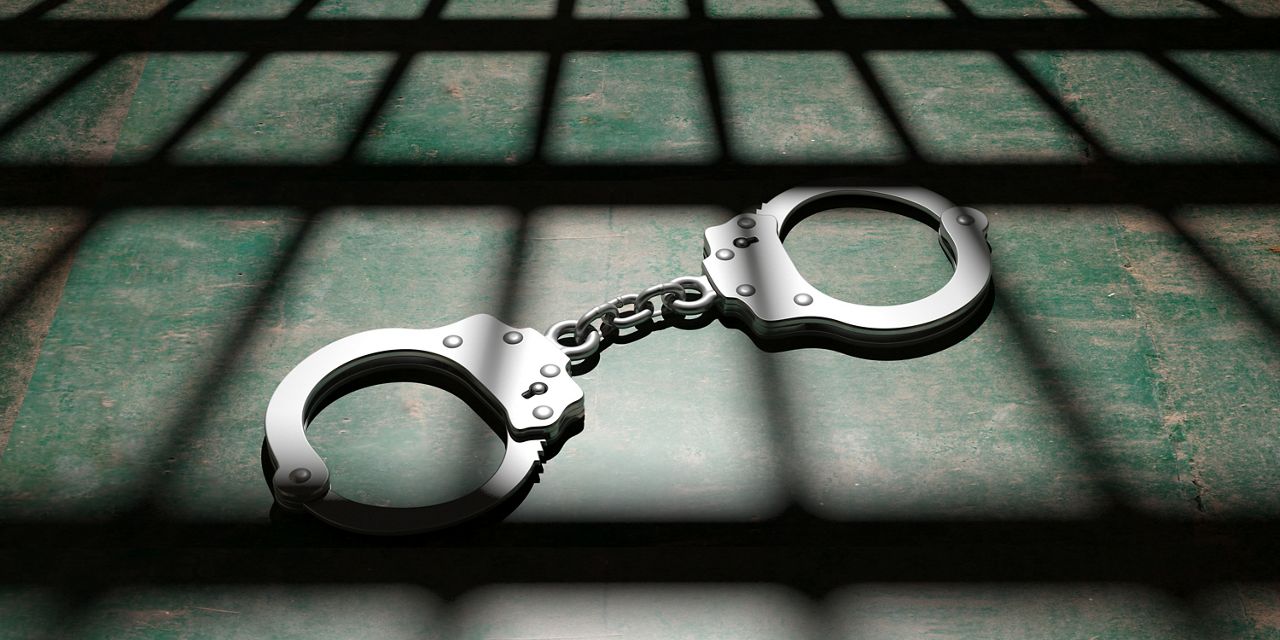FRANKFORT, Ky. — The Kentucky Senate voted Tuesday to make structural changes to the state’s juvenile justice system and bolster staffing to help halt a series of violent outbreaks at detention centers.
The sweeping measure aims to ensure that young people within the system receive the mental health treatment they need. It directs about $50 million in additional funding to bolster the troubled system. The measure won Senate passage on a 37-0 vote to advance to the House.
The issue has been at the forefront of this year’s legislative session, following a string of assaults, riots and escapes as the state-run juvenile justice system has struggled to house increasing numbers of young people accused of violent offenses.
The bill's goal is to transform the Department of Juvenile Justice, where widespread problems became “a recipe for disaster,” said Republican Sen. Danny Carroll, the bill's lead sponsor.
“And that disaster has manifested itself repeatedly over the past couple of years," he said. "And today, even though temporary safety measures are in place and overall progress in staffing is slowly improving, make no doubt that DJJ remains in a state of crisis in many areas.”
The Senate vote follows a series of actions by Gov. Andy Beshear to quell the violence.
Senate Bill 162 would require that juvenile detention centers statewide be placed under the supervision of one supervisor who would report to the agency’s commissioner.
The measure would direct the department to enter contracts aimed at ensuring access to mental health treatment for young people with severe emotional disturbance or mental illness.
It would require the state to transition back to a regional model for juvenile detention centers — keeping young people closer to their homes — while separating males and females as well as violent from nonviolent offenders.
The measure reflects many of the funding requests from Beshear’s administration to shore up staffing and security in the struggling juvenile detention system.
It includes an infusion of extra state funding to deal with chronic understaffing in DJJ facilities. It provides money to maintain the pay raises that the governor ordered recently for detention center staff and would allow those increases to apply to more DJJ staff. It also includes funding to hire more youth workers in juvenile detention centers.
The governor has resisted calls from some lawmakers for changes at the top of DJJ. Beshear, a Democrat, hired current DJJ commissioner Vicki Reed in 2021 after firing her predecessor. The governor has expressed confidence in her commitment to “getting it fixed.”
Sen. Gerald Neal, the chamber's top-ranking Democrat, said there's no single fix to overcome the problems and said it will require cooperation between the legislative and executive branches. Republicans have supermajorities in the legislature.
“I prefer not to point finger at anyone in this,” Neal said. “I see this as an opportunity. And I think that this process that's been laid out here gives us that opportunity.”
Neal praised actions taken by Beshear in a series of policy changes responding to the unrest.
The governor previously announced that male juveniles would be assigned to facilities based on the severity of their offenses. Three high-security juvenile detention centers were designated to house teenage male offenders charged with serious crimes. The governor ordered the opening of the state’s first female-only juvenile detention center. And he said “defensive equipment” — pepper spray and Tasers — will be provided for the first time so detention center workers can defend themselves and others if attacked.
In a related vote Tuesday, the Senate passed another bill to direct the state auditor to enter a contract with a third party to conduct a performance review of DJJ. That bill also heads to the House. Lawmakers are considering another bill that, among other things, would reopen a youth detention center in Louisville, the state’s largest city, in response to DJJ's problems.



